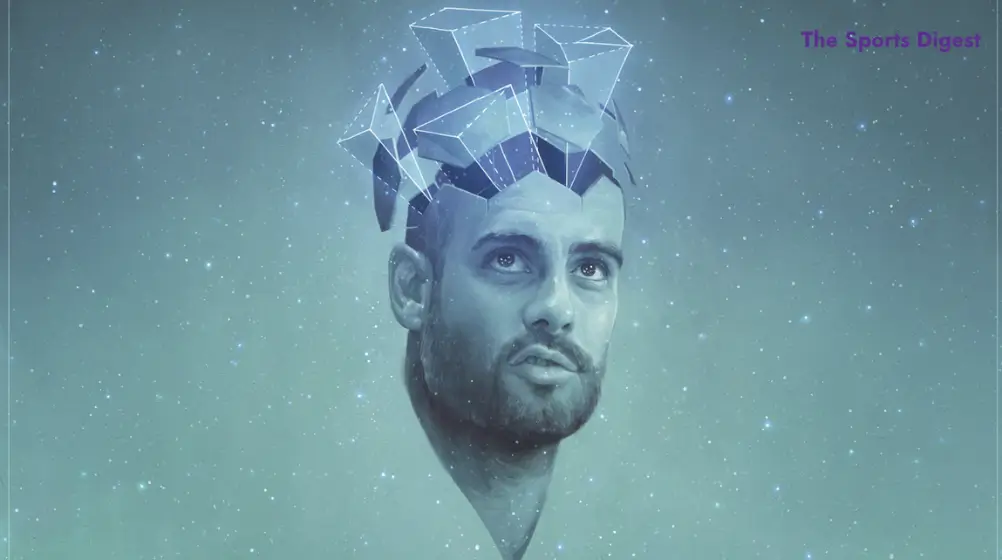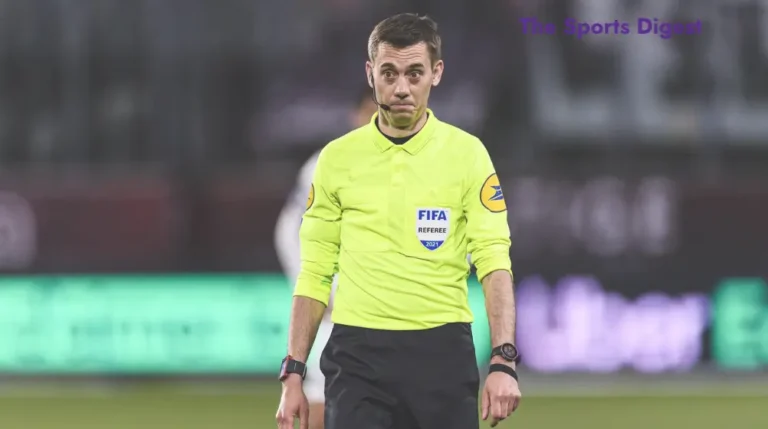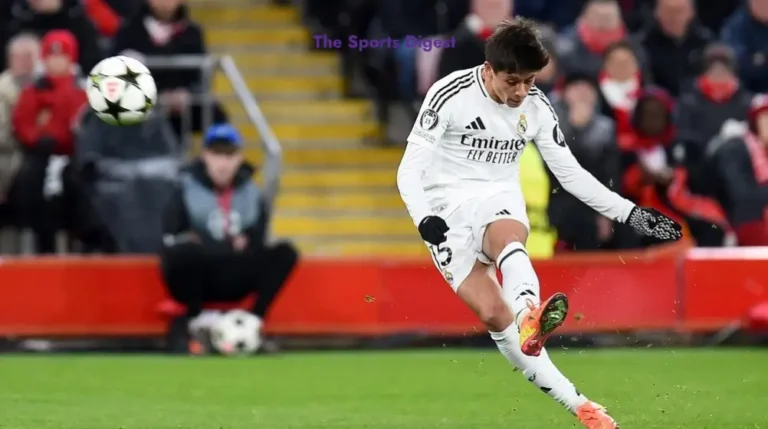Pep: The Mind Behind Modern Football
At his core, Pep Guardiola is defined by one fundamental trait: his relentless desire to win. This singular pursuit dictates his happiness, confidence, and ultimately, his job security. While his teams are celebrated for their artistry and tactical innovation, make no mistake—for Pep, victory takes precedence over entertainment, tactical experimentation, and even the development of his squad. The aesthetics of play are a means to an end, and that end is winning.
Table of Contents
The Cruyff Legacy: A Mentorship Forged in Footballing Philosophy
It is impossible to understand Pep Guardiola without acknowledging the profound and incalculable influence of Johan Cruyff on his footballing philosophy. From his Barcelona debut against Cádiz in December 1990, Guardiola absorbed Cruyff’s revolutionary ideas about space, possession, and positional play. Their relationship transcended the typical coach-player dynamic, evolving into a mentorship that would shape modern football.
Even as his playing career progressed, Pep’s thirst for knowledge remained unquenchable. His conversations with Ronald Koeman about Ajax’s youth system reflected his commitment to continuous learning. Under Cruyff’s tutelage, Guardiola developed a deep understanding of match preparation, tactical analysis, and the intricacies of controlling a game.
Many now suggest that Pep Guardiola has surpassed his mentor, taking Cruyff’s principles and evolving them for the modern era. Cruyff provided Guardiola with what amounted to a “masterclass” in advanced football understanding, but crucially, Guardiola also learned from his mentor’s weaknesses, particularly regarding discipline and positional awareness—aspects he would later emphasize in his own coaching philosophy.
The Making of a Footballing Intellect: Pep’s Development at Barcelona
Guardiola’s development as a footballer and thinker was accelerated by the guidance of senior Barcelona players and his own “insatiable appetite for learning” and winning. Even as a young player, he demonstrated an unusual focus on improving the team rather than just himself, showing a precocious understanding of team chemistry and collective dynamics.
His inquisitive nature set him apart. While other players might have been content with their status, Pep Guardiola sought deeper understanding, eager to learn about the philosophical underpinnings of successful systems like Ajax’s. This intellectual curiosity contrasted sharply with the typical behavior of elite footballers. While many stars indulged in extravagance, Guardiola remained grounded, driving a modest Volkswagen Golf and dedicating hours to studying opponents.
What defined Pep Guardiola was a rare combination of intelligence, hard work, and a relentless pursuit of improvement without seeking personal glory. His natural leadership qualities emerged organically within the Barcelona team, earning respect through knowledge rather than intimidation.
On the pitch, Pep Guardiola excelled in the pivotal role of pivote—Cruyff’s “trusted lieutenant”—shielding the defense while simultaneously instigating attacks. Through this position, he developed a keen awareness of the necessity for possession, both in terms of recovering the ball and retaining it—principles that would later become cornerstones of his coaching philosophy.
The Dawn of a Managerial Era: Taking the Helm at Barcelona
When Guardiola ascended to the first-team managerial position at Barcelona, he had already established his reputation as a gifted tactical mind through his success with Barcelona B, winning the Segunda División B playoffs. His appointment came at a critical juncture, following Barcelona’s decline under Frank Rijkaard, which had resulted in trophyless seasons.
Barcelona president Joan Laporta’s rationale for appointing Pep captured the essence of what made him special: “He has the knowledge, the enthusiasm, the self-confidence and the love for the club that are necessary.” From day one, Guardiola prioritized winning the hearts and minds of his players, approaching them with courtesy, honesty, and respect.
His message emphasized the sacred nature of the club’s “badge and the shirt” and the non-negotiable requirement for 100 percent effort. Senior players like Xavi immediately responded to his passion, intelligence, and brilliant communication skills. Pep demanded intelligence, intuition, and rigorous preparation from everyone involved at the club, establishing a culture of excellence that would soon yield extraordinary results.
Implementing a Vision: Bold Decisions and Tactical Foundations at Barcelona
Guardiola’s tenure began with bold decisions that signaled his uncompromising approach. The sales of established stars Ronaldinho and Deco—perceived as lacking the dedication to return to their best—demonstrated that no player’s status would supersede the collective good of the team.
His core philosophy was elegantly simple yet revolutionary in its execution: “I don’t want you all trying to dribble like Leo Messi – pass it, pass it and pass it again.” This emphasis on precise passing and intelligent movement became the hallmark of his Barcelona teams.
Tactically, Guardiola implemented a 4-3-3 formation with Yaya Touré initially serving as the pivote—a role Pep himself had once mastered. This system emphasized high pressing to recover possession and meticulous ball retention once it was secured, creating a virtuous cycle of control that bewildered opponents.
Triumphant Early Success and Tactical Acumen
The results were immediate and astonishing. In his first season, Pep achieved “peerless” status, winning the treble (including the Champions League) while scoring 105 league goals. The 6-2 demolition of arch-rivals Real Madrid at the Santiago Bernabéu stood as a testament to the revolutionary nature of his approach.
Guardiola’s tactical flexibility set him apart from his contemporaries. He studied opposition exhaustively, not merely to counter their strengths but to systematically “demolish them.” This meticulous preparation was never more evident than in the 2009 Champions League final, where he outclassed Sir Alex Ferguson’s Manchester United through superior tactics.
One specific innovation from that final—deploying Messi centrally rather than on the wing—demonstrated Guardiola’s willingness to adapt his system to maximize his players’ strengths, a hallmark of his coaching genius.
Sustaining Dominance and Evolving Relationships
Guardiola maintained Barcelona’s grip on Spanish football, securing further La Liga titles in 2010 and 2011. The crowning achievement of this period was repeating the Champions League victory against Manchester United at Wembley in 2011, a performance widely regarded as one of the finest displays of football in the modern era.
His relationship with Lionel Messi epitomized Guardiola’s skill in managing elite talent. Following the departures of Ronaldinho and Deco, Pep faced initial challenges in his relationship with the young Argentine. However, through dedicated training and a form of silent understanding, they developed a strong mentorship that allowed Messi to evolve into arguably the greatest player in football history.
The Weight of Expectation and the Decision to Depart Barcelona
By his final season at Barcelona, the accumulated pressure began to take its toll. Losing the league title to Real Madrid and the resulting emotional strain left Pep feeling “beleaguered, exhausted and in need of a break.” The immense expectations and complex club dynamics created a situation that Martí Perarnau described as Guardiola being “the captain of a ponderous ocean liner as he fought to steer the club in one direction as the club pulled in another.”
Despite a record haul of 14 trophies, Guardiola made the difficult decision to step down in the summer of 2012. His subsequent year-long sabbatical in New York provided essential time for rest, reflection, and reinvention—a period that would prove crucial for the next phase of his career.
A New Chapter: The Bayern Munich Challenge
During his sabbatical, Guardiola engaged in rigorous self-evaluation while planning his next move. Despite rumored interest from numerous top clubs, he chose Bayern Munich, viewing it as the “greatest challenge” of succeeding Jupp Heynckes’ treble-winning side.
The Bayern challenge differed fundamentally from Barcelona. Rather than rebuilding a struggling team, Guardiola needed to surpass already lofty expectations while respecting the groundwork laid by Heynckes and forging his own identity. He acknowledged the foundations established by previous coaches like Louis van Gaal while implementing his distinctive style of play.
His training methods emphasized ball work and technical skills, exemplified by his one-touch passing exercises. The adaptation of his philosophy to Bayern’s culture and players resulted in early Bundesliga success, claiming the domestic title even earlier than Heynckes had managed the previous year.
Navigating Setbacks and Refining Philosophy at Bayern
Despite domestic dominance, Guardiola’s Bayern tenure included what he described as the “biggest humiliation” of his career: a 5-0 aggregate Champions League semi-final defeat by Real Madrid. His self-assessment was brutally honest: “I got it wrong. I got it totally wrong. It’s a monumental fuck-up, a total mess. The biggest fuck-up of my life as a coach.”
This setback forced Guardiola to refine his approach, tempering his philosophical ideals with pragmatic considerations. Yet another emotionally devastating Champions League semi-final loss followed, this time against his former club Barcelona, managed by Luis Enrique. Critics pointed to his tactical decisions in this defeat, particularly his choice to play three defenders in a man-to-man system.
Nevertheless, Guardiola’s overall record at Bayern—three Bundesliga titles, two DFB-Pokals, and a Club World Cup—reflected substantial success, even if European glory remained elusive.
The Premier League Beckons: Anticipation for Manchester City
As his Bayern chapter concluded, Guardiola’s long-held ambition to manage in the Premier League led him to Manchester City. The prospect of Guardiola etching another remarkable chapter in his career at the Etihad Stadium generated enormous anticipation, with many suggesting this could be the beginning of a “Guardiola dynasty.”
Conclusion: Guardiola – The Ultimate Winner
Through all the tactical innovations, philosophical principles, and evolutions in style, one constant remains at the heart of Pep Guardiola’s approach: winning. His revolutionary impact on modern football stems not from abstract idealism but from his pragmatic understanding that the most beautiful football is also, when executed properly, the most effective. In reinventing the game, Guardiola has never lost sight of football’s fundamental objective—victory.
Have you ever read an article like this?
There are no reviews yet. Be the first one to write one.






